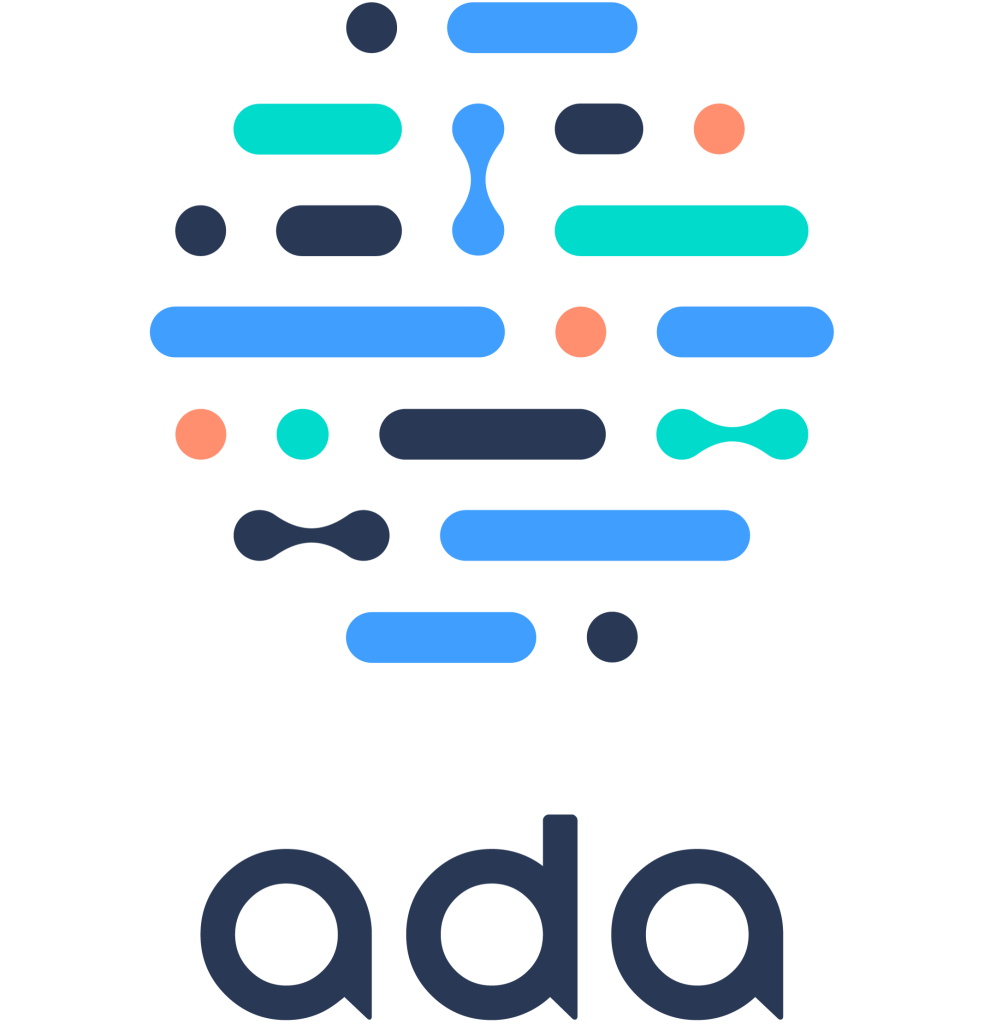Get your MDR compliance done 4x faster and 3x cheaper.
Working in a startup is hard. Bringing a medical device to market is even harder.
I’ve worked with over 40 companies by now and, unfortunately, I always see the same problems re-occuring over and over again.
That’s frustrating because many of them are easy to avoid and startups could be on the market much earlier, saving enormous amounts of time and money!
So let’s talk about them here and see how we can fix them.
Not Knowing What To Do
Unfortunately, this is not the case for regulatory compliance. This leads to many startups not knowing what to do exactly, getting stuck in endless discussions or, even worse, creating the wrong documentation which requires tedious rework.
Doing stuff the wrong way is dangerous: Rework takes much longer, is hugely expensive and exposes you to regulatory risks when you get audited.
Hiring the Wrong Consultants
Startups operate in a different environment: You're under enormous pressure to develop your product with limited resources. At the same time, you're juggling a bunch of other tasks: Getting investors, hiring employees, writing code.
This requires a regulatory consultant who is pragmatic and used to working with startups.
Unfortunately, those are rare. Many have lots of corporate experience. But corporate experience doesn't translate well to startups. You don't have time for multi-day workshops on "regulatory training".
Also, you need a clear roadmap and project plan. What happens when you don't have that and your consultant bills by the hour? You lose cost control. I have seen startups spend anywhere between 10.000€ and 150.000€ for the same outcome.
Startups need consultants with a very specific skill set: Pragmatic people who provide a clear project plan while re-using as much existing documentation and testing as possible.
Using the Wrong Tools
Now you need to right software tools for that. Ironically, this is less about choosing the right tool and more about not choosing the wrong tool. There's lots of crappy enterprise software out there which you must avoid at all costs.
Most regulatory work can be done in simple tools like Google Docs, SharePoint or Jira/Confluence.
Choosing the wrong set of tools will cost you endless pain once your whole documentation is in there. Better choose the right tools from the start.
Okay. But Why Is Regulatory Compliance So Hard?
Consultants are incentivised wrongly.
There's no clear project plan.
There's no sharing of knowledge.
Hardly anyone understands software.
A startup requires hands-on working.
Pragmatic solutions are rare.
Regulatory software is pretty crappy.
Standards are not freely available.
Requirements are very ambiguous.
There are a million different solutions to the same problems.
Startups have other important problems to solve.
Software developers don't have the time or patience to learn regulatory requirements.
We can do so much better.
Introducing OpenRegulatory Consulting.
I’m super hyped to leave this review for OpenRegulatory. They’ve been hands down the best choice of supplier/consultants I’ve made in a very long time. They understand how startups work, and speak their language, which feels extremely rare in the QMS/regulatory world.
We worked with Sven, Sören, and Oliver to set up our quality management system from scratch, and write the full technical documentation of a simple device that we now have clearance for to market in the US. The whole process took between 3 and 4 weeks, excluding a Christmas break. It would have been even quicker if more people from our team worked on it, or if we internally got to spend more of our time on the project. It cost significantly less than 10.000€, which for the level of service – and in general – feels unreasonably low. (I think you should raise prices!)
The templates are amazing, OpenRegulatory already did most of the work they could, and from now on it is really up to your company to implement and finish things. The whole QMS/regulatory infrastructure you need to build feels very complicated though at first, so you will want someone who guides you through the process, reviews and discusses with you everything you write, provides the required context to speed up your work. OpenRegulatory does this basically in real time, you’re never held up by them.

We've helped 100+ successful companies so far.









What is it?
Features
How Does It Work?
You only pay us when documents get done.
Pricing
Frequently Asked Questions
How long will this take?
Our best customers get it done in 2-3 months.
What can go wrong?
A few things can go wrong which will endanger your progress, all of them are up to you. The main problems we’ve seen are changing core features of your product while we’re already helping you write documentation, or not dedicating enough time from your side to draft your documentation and work with us.
How much time do we have to dedicate to this?
One person, about 50% of their time.
Does our person need any qualifications?
No. They should be good at structured thinking and willing to learn about regulation. They also should be a bit pain-tolerant, because they’re about to learn about regulation.
Why are you faster than other consultants?
The better question probably is “why are other consultants slower than us”: It’s because they don’t automate things (no videos, no QMS software), don’t do any sort of project management and are not incentivised to get stuff done quickly because they bill by the hour.
Should we develop our product first or do QMS stuff first?
Develop your product first. Here’s why: If you set up your regulatory compliance documentation while your product is not finished, you’ll have to dive back into your regulatory documentation every time you change your (still prototype) product. This adds huge overhead! Your biggest chance as a startup is that the product you’re currently developing is not a medical device yet, so you can develop it with zero overhead. Do the regulatory documentation when your first version is almost ready.
Other consultants have very different opinions on this, but other consultants are also incentivised very differently.